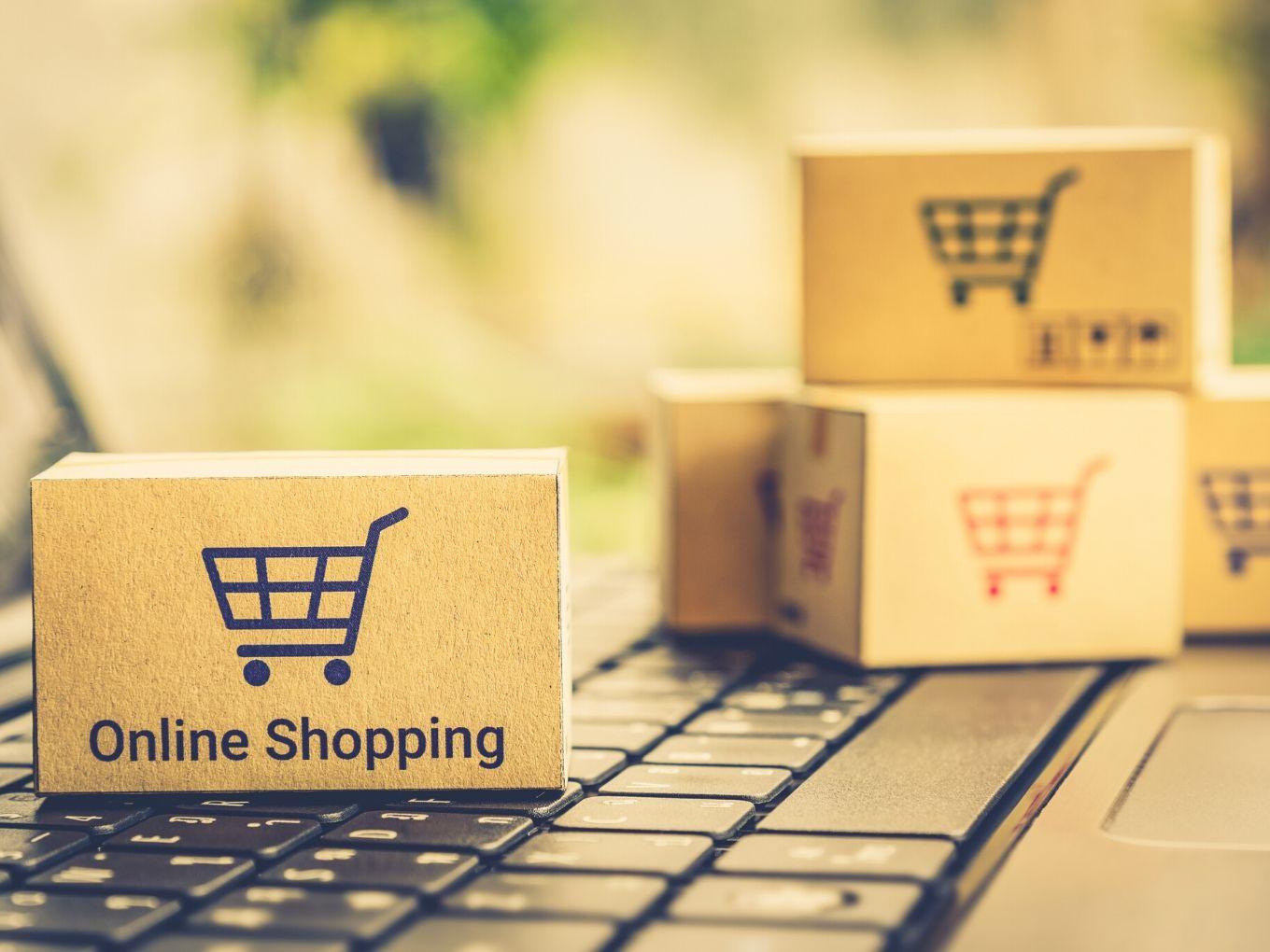
Launching its ‘Kum Mein Dum’ campaign on Friday (October 16), the ecommerce company said that 30% of its orders came from first time users on Day 1
The Bharat focus of ecommerce companies seems to be paying off as Flipkart, which too kicked off its Big Billion Day sales on the same day, saw 50% of its new customers emerging from Tier III cities and towns
While online retailers have Tier II and III as a focus geography for festive sales every year, a Redseer report estimated that they will post a 70% jump in consumers with 45-50 Mn digital buyers this year
Ecommerce platform Snapdeal saw 90% of its orders coming from Tier II and Tier III towns on the first day of its festive sales. Launching its ‘Kum Mein Dum’ campaign on Friday (October 16), the ecommerce company said that 30% of its orders came from first time users on Day 1.
The Bharat focus of ecommerce companies seems to be paying off as Flipkart, which too kicked off its Big Billion Day sales on the same day, saw 50% of its new customers emerging from Tier III cities and towns, according to a Business Standard report.
While online retailers have Tier II and III as a focus geography for festive sales every year, a Redseer report estimated that they will post a 70% jump in consumers with 45-50 Mn digital buyers this year. With the Covid pandemic having led to closures of many brick and mortar outlets, the report projected that ecommerce players will clock gross sales of $7 billion in 2020 against nearly $4 billion last year, a 75% jump.
Flipkart has onboarded several micro, small and medium sellers from furniture clusters across the country to connect them to millions of consumers ahead of the festive season and the Big Billion Days. These clusters are spread across Churu (Rajasthan), Saharanpur (UP), Jabalpur and Indore (MP), and Surat (Gujarat) to name a few. They specialise in wood, metal and plastic furniture.
As part of the process, Flipkart has established small pick up hubs across these clusters to connect their sellers to its large supply chain, thereby giving them access to a pan-India consumer base. This becomes essential as most of these sellers operate at a micro level which limits their ability to serve a large number of consumers and lack of bandwidth and business know-how restricts their expansion beyond the clusters.
By onboarding with Flipkart, they will be able to leverage Flipkart’s support, technical expertise, consumer insights, and marketplace constructs for enhanced business growth and continuity.
Not to be left behind in the race to reach Bharat, Snapdeal added 1300 new pin codes to go deeper into Bharat, into areas which were previously unserviceable or where users were compelled to travel to nearby towns to collect their orders.
As per pre-festive projections, orders have now started to flow in from these rural areas, according to a company press release. These include small villages like Palasner in Maharashtra, Abdasa in Gujarat, Kalsi in Uttarakhand, Chitkul in Himachal, Chidambaram in Tamil Nadu, amidst others.
While populous Tier 2 & 3 cities like Nagpur, Vijayawada, Bhopal, Chandigarh, Ranchi, Patna & Guwahati continued to drive orders on Snapdeal, smaller cities like Sagar (Madhya Pradesh), Raniganj (West Bengal), Gurdaspur (Punjab), Una (Gujarat) also clocked impressive order volumes, exceeding their last year’s festive volumes on the first day of Snapdeal’s sale.
Ecommerce Market Hots Up With Jio’s Entry
Meanwhile, Amazon too is hosting a month-long festive sale ‘Great Indian Festival’ starting Saturday. While the Walmart-owned firm has had to battle Amazon’s deep pockets in the past, JioMart and Reliance Retail’s funding blitzkrieg means that the market will hot up to a three-way competition this year.
“JioMart’s foray will definitely fasten [sic] the adoption of online shopping — especially in semi-rural households where trust is a major concern. In turn, this will lead to an increase in ecommerce share of the purchase pie. I think JioMart will capture new users more than existing ones and in Tier 2/3 cities more than in Tier 1,” Ashray Gupta, management consultant at Boston Consulting Group (BCG) earlier told Inc42.
Flipkart is the largest ecommerce player in the country, with a 31.9% market share in 2018, followed by Amazon at 31.2%, according to Forrester. After adding the market share of its fashion specialty sites Myntra and Jabong, Flipkart controls a 38.3% market share.




























 Ad-lite browsing experience
Ad-lite browsing experience